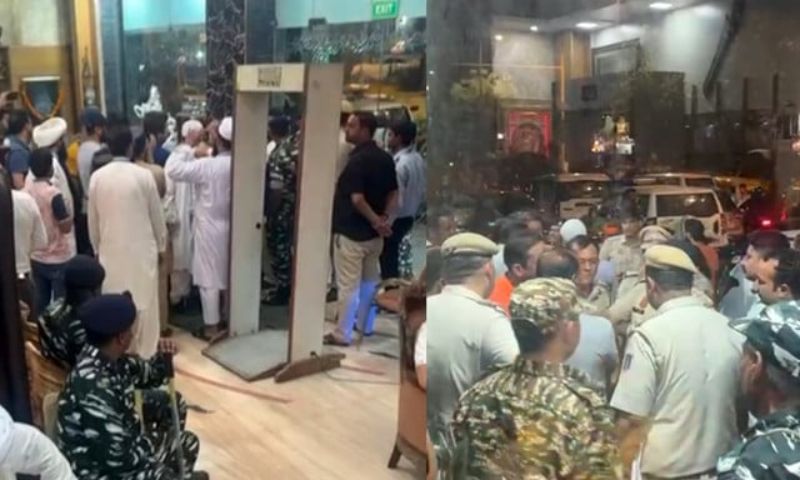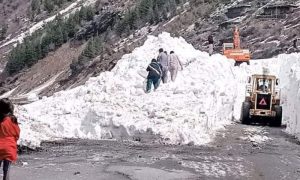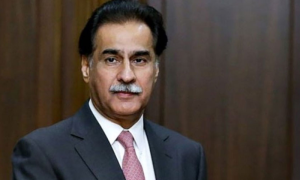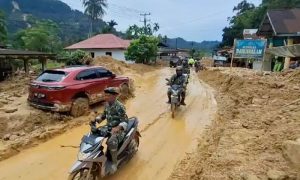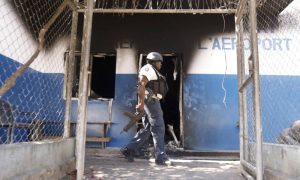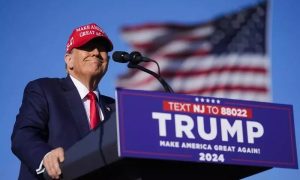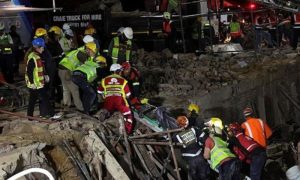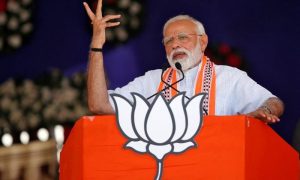LAHORE: Pakistani pilgrims attending the annual Urs of Hazrat Amir Khusro (RA) in New Delhi have reported cases of ill-treatment by Indian authorities, raising concerns for their welfare and freedom of movement.
These Pakistani pilgrims said that they were kept under the watch of Indian police and intelligence officials in a hotel in New Delhi for the past two days under the pretext of “security reasons”.
As many as 70 pilgrims entered India two days ago through the Wagah border and their accommodation was arranged in a hotel in New Delhi. But upon arrival, strict restrictions were imposed and visitors were prohibited from leaving the hotel grounds or meeting people outside their group.
However, reports suggest that representatives of the Pakistan High Commission have arrived at the hotel and discussed the treatment meted out to Pakistani visitors.
Officials said pilgrims were allowed to visit the shrine after the intervention of the Pakistan High Commission.
Earlier, Pakistani tourists spoke to a Pakistani media outlet and complained about constant surveillance by the Delhi Police and Indian officials inside and outside their hotels.
They expressed regret that they were prevented from entering Hazrat Amir Khosro’s tomb for two consecutive days.
Reports suggest that some pilgrims have reached breaking point and are considering returning to Pakistan due to abuse by the Delhi Police and other agencies.
The hardships faced by the Pakistani pilgrims were compounded by the delays and restrictions imposed by the Indian High Commission. Despite visa applications being submitted by the Federal Ministry of Religious Affairs, a significant number were rejected, resulting in only 80 out of 199 applicants receiving visas.
Along with the delay in issuing visas, only 70 pilgrims left for India.
Pilgrims compare the treatment of Sikh and Hindu pilgrims in India, where they have all the necessary facilities, with their own experiences of restricted movement and surveillance.









